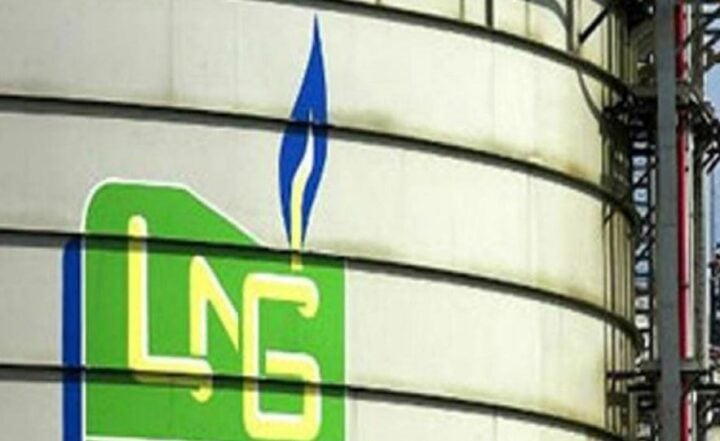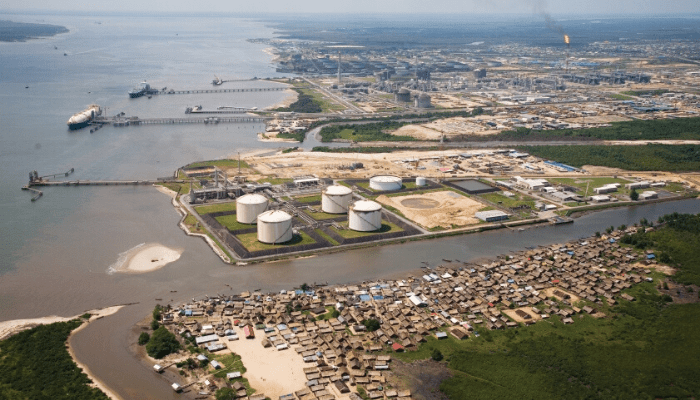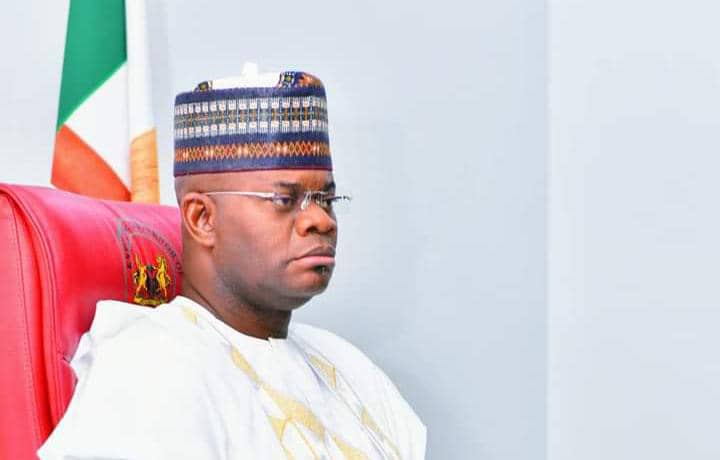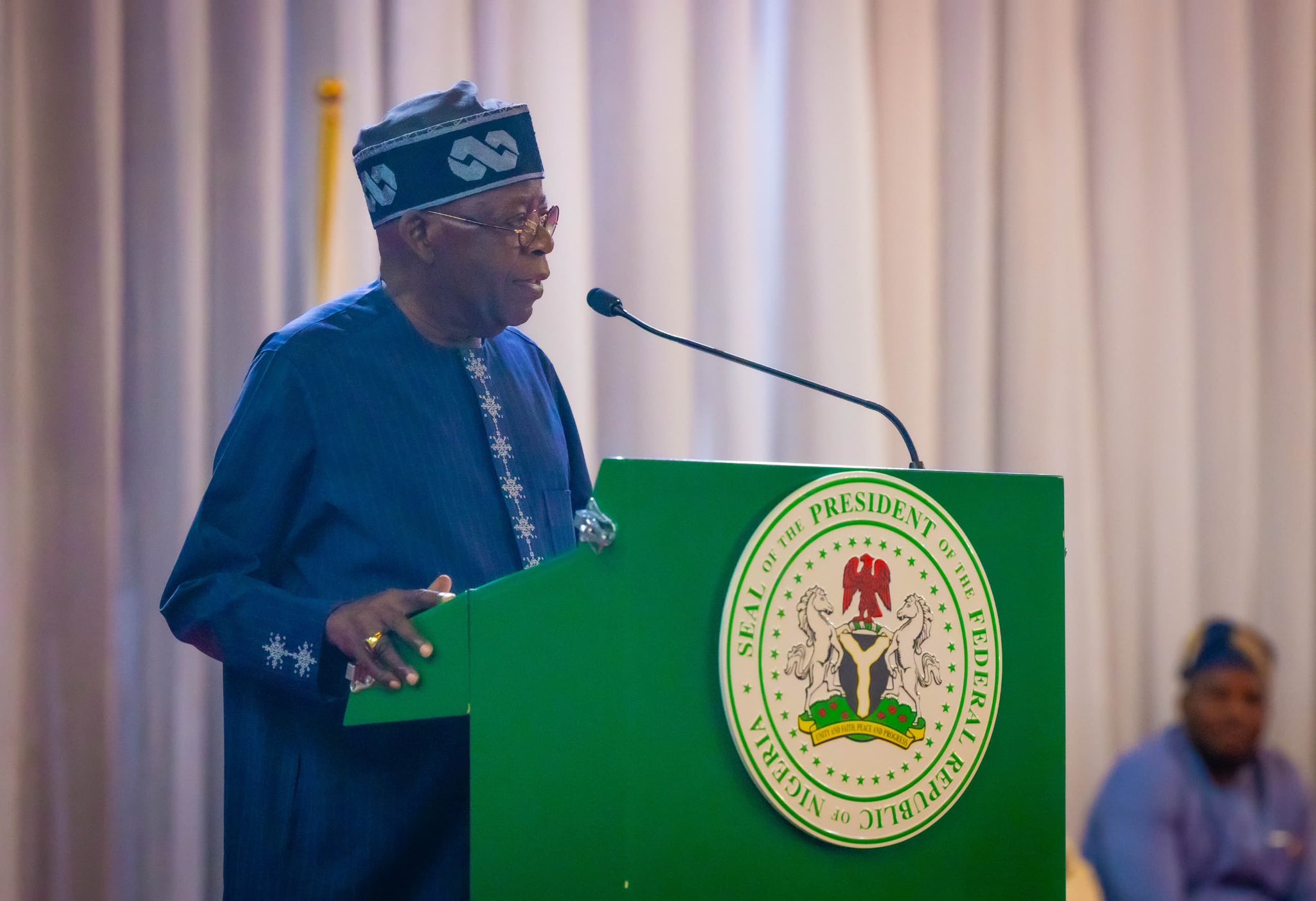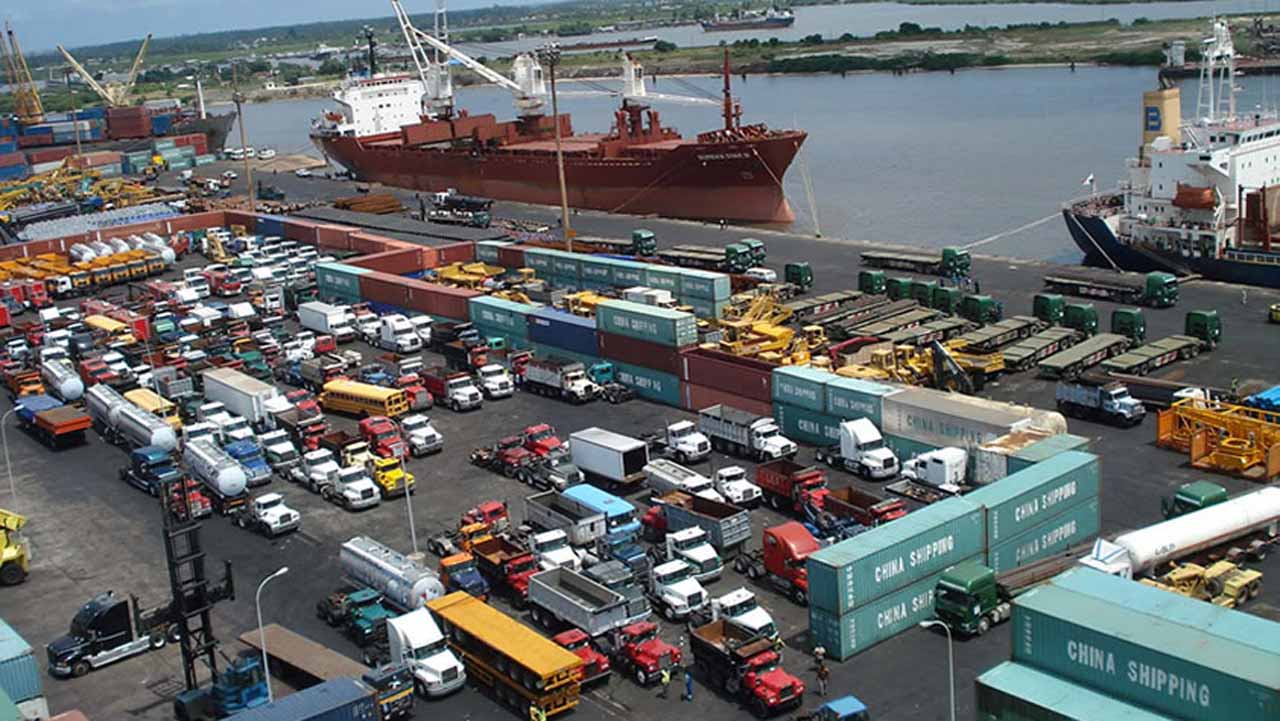Expansion plans by the Nigeria LNG (NLNG) Ltd may face a major hurdle as a result of contractual breaches.
NLNG is currently contesting the enforceability of an arbitral award’s demand order issued by a UK arbitration panel, although a contractual provision makes it final and binding.
The arbitration tribunal, made up of John Beechey, J William Rowley and Nevil Phillips, held NLNG to be in breach of contract by failing to deliver 19 cargoes under a contract it executed in January 2020.
The cargoes were due for delivery between October 2020 and October 2021.
Advertisement
TheCable previously reported Shell Plc’s claims against Venture Global LNG (VGL), a US-based LNG exporter, for its breach of contract to supply LNG cargoes.
Shell has escalated its dispute with VGL, accusing the natural gas producer of restricting supply access to it and other customers while exporting over $18 billion, costing Shell and other European companies billions in lost profits.
Shell’s chief executive, Wael Sawan, is reportedly “very disappointed” with VGL over the non-delivery of contractual gas volumes from its Calcasieu Pass export project in Louisiana.
Advertisement
VGL’s actions could undermine confidence in US LNG supplies, Sawan is quoted as saying, accusing the company of choosing to send cargoes into the often lucrative spot market.
Steve Hill, Shell’s executive vice president, said the breach of contract “is a wake-up call for the industry. The LNG business is underpinned by trust in long term contracts”.
“The long term commitment that foundation buyers make enable the regulatory certainty, the financing and the development of your LNG projects. If contracts are seen as options for suppliers, then buyers simply won’t sign them and the industry won’t grow,” he said.
The Spanish utility giant Endesa is involved a $585 million arbitration over a long-term Nigeria LNG supply contract.
Advertisement
The dispute centres on a price review in the contract.
Nigerian LNG is currently on its expansion plans with the award for the EPC contracts for its Train 7 project to Saipem, Chiyoda and Daewoo, with an expectation to increase its capacity by 35 percent from the extant 22 million tonnes per annum (mtpa).
They have been reports on the expansion plans for a further Train 8 to solidify Nigeria LNG’s position as one of the largest single-site operations globally.
Phillip Mshelbila, the managing director of NLNG who is seconded from Shell, had stated during a visit to the plant in Bonny Island, Rivers state, that recent events, such as Russia-Ukraine conflict have ushered in a wave of new developments in the sector.
Advertisement
He said the surge in activity underscores the robust demand for LNG.
It is yet to be determined the impact Nigeria LNG supply breach will have on the development of future projects, as supply agreements and the sanctity of contracts is a fundamental requirement to maintain confidence and enhance favourable financing options.
Advertisement
Oil and Gas industry experts had commended President Bola Tinubu’s executive orders on oil and gas reforms which are primarily focused on removing obstacles to investment in Nigeria and introduction of fiscal incentives for non-associated gas, midstream and deepwater developments.
Industry experts see this order as sign of seriousness by Tinubu to boost confidence in the industry.
Advertisement
An industry source, who declined to be named maintained that the sanctity of contracts is a key fundamental in the oil and gas industry, one which must be sustained if Tinubu’s vision for the industry is to see the light of the day.
Nigeria LNG is owned 51 percent by Shell, Total and Eni, with the Nigerian federation controlling a 49 percent stake.
Advertisement
Add a comment
